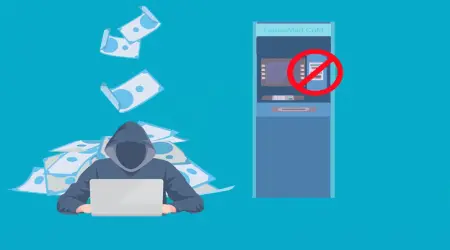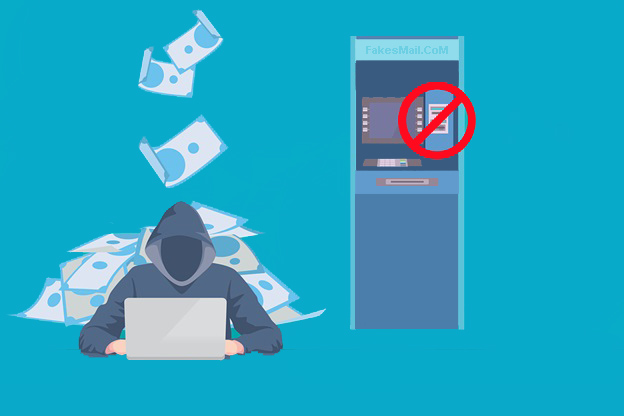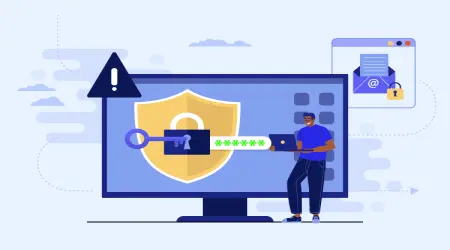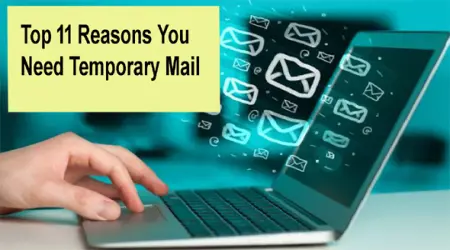

How to stay anonymous on the Internet and why you need it
Staying anonymous on the internet can be a tricky task, especially in today's world where personal data is constantly being collected and shared. However, there are several steps you can take to protect your identity and maintain your privacy online.
First, it is important to understand why you need to stay anonymous on the internet. In today's digital age, personal information is often collected and shared without our knowledge or consent. This can lead to a host of issues, from unwanted marketing emails to identity theft. Additionally, many governments around the world monitor internet activity, and being anonymous can protect you from potential surveillance or censorship.
Here are some ways to stay anonymous on the internet:
- Use a Virtual Private Network (VPN)
A VPN, or Virtual Private Network secures your internet connection by encrypting it and routing it through a server located in a different location. This makes it difficult for others to track your online activity and can help to keep your IP address hidden. - Use Tor
Tor is a free, open-source software that routes your internet connection through a network of volunteer-run servers. This makes it challenging for anyone to trace and link your online activity back to your identity. - Use a Secure Browser
Using a secure browser, such as Tor or Brave, can help to keep your online activity private. These browsers offer built-in privacy features and block third-party cookies and scripts, which can track your online activity. - Avoid Social Media
Social media platforms serve as a treasure trove of personal information. By avoiding them, you can help to keep your personal information private. - Use Strong Passwords
Using strong and unique passwords can help to protect your online accounts from being hacked. - Be Careful with Personal Information
Exercise caution when sharing personal information online. Avoid sharing sensitive information, such as your home address or phone number, on social media or other websites. - Be Careful with Email
Be careful with the emails you open and the links you click on. Phishing scams can be used to steal personal information, so it is important to be cautious. - Use Anonymous Payment Methods
When making online transactions, it is important to use anonymous payment methods, such as Bitcoin or prepaid debit cards. This can help to keep your financial information private and reduce the risk of identity theft. - Use a Fake Name
When signing up for online accounts, consider using a fake name instead of your real one. This can help to keep your identity hidden and reduce the risk of your personal information being shared without your consent. - Be Careful with Public Wi-Fi
Public Wi-Fi networks pose a security threat due to their lack of encryption and vulnerability to hacking attempts. To protect your personal information, avoid using public Wi-Fi networks for sensitive activities, such as online banking or shopping. - Use Antivirus Software
Antivirus software can help to protect your computer from malware and other cyber threats. Ensure that your antivirus software is always up-to-date and conduct regular scans to identify and eliminate any potential security risks. - Keep your Operating System and Software Updated
Keeping your operating system and software updated is important for maintaining your online security. Software updates often include security patches that can help to protect your personal information.
In addition to the steps above, it is also important to be aware of the privacy policies of the websites and apps you use. Many websites and apps collect personal information, so it is important to read and understand their privacy policies before using them.
Ultimately, staying anonymous on the internet requires a combination of technical and behavioral measures. By being vigilant and taking the necessary precautions, you can protect your personal information and maintain your privacy online.
In conclusion, staying anonymous on the internet is important for protecting your personal information and maintaining your privacy online. By following the tips above, you can take steps to keep your identity hidden and reduce the risk of your personal information being collected or shared without your consent.

